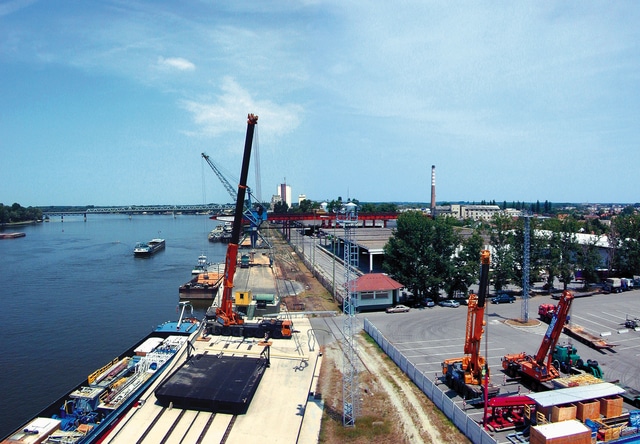State Aid Uncovered Blog
On a weekly basis Phedon Nicolaides posts critical analysis pieces on the latest State aid judgments and decisions on his blog State Aid Uncovered. Each article presents the main points of a court ruling or Commission‘s decision, places them in the context of similar case law or practice, assesses the underlying reasoning, and identifies any inconsistencies or contradictions.
Occasional guest blog posts by other State aid experts complement the State aid knowledge hub.
Join the debate now!

Guest State Aid Blog ×
Guest State Aid Blog ×
Guest State Aid Blog ×
How to Submit a Blog Post
Do you want to share your analysis of a State aid law topic? We invite you to submit your post on, for example: recent European, national or international judgments or legislation with relevance to EU State aid law; new developments, publications, hot topics in EU State aid law. The recommended length of the post is 500-2,000 words incl. references (endnotes). Your analysis will be published under the category ‘Guest State Aid Blog’.
Here’s how you can publish a post on the Blog as a guest author:
Step 1: Submit your draft to Nelly Stratieva at stratieva@lexxion.eu.
Step 2: We at Lexxion will review your draft to make sure its content and quality fit the blog. If needed, they will suggest what improvements you should make.
Step 3: Once your draft has been finalised and accepted, we will publish your post.
Submit your guest blog post











